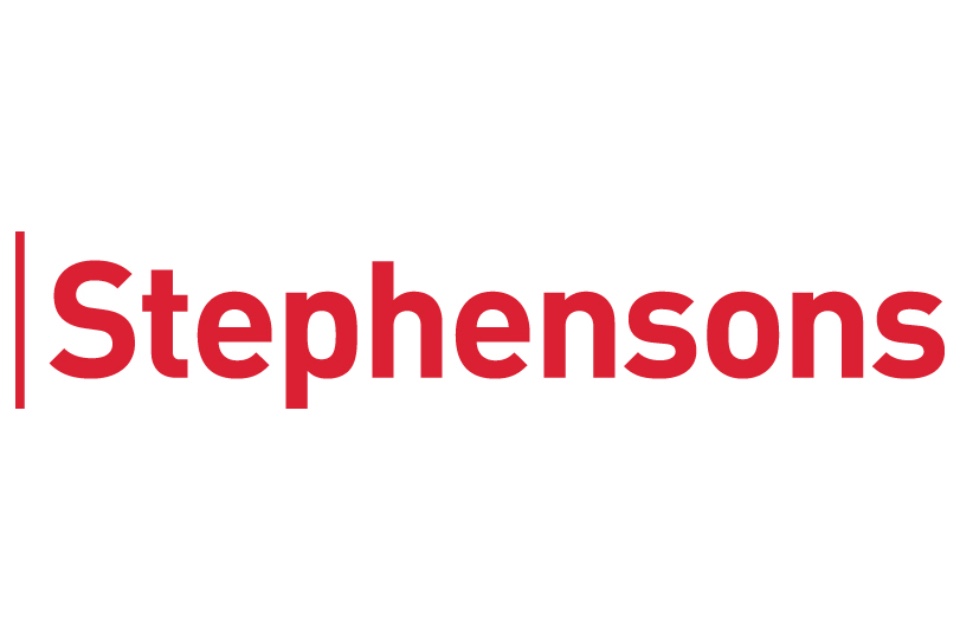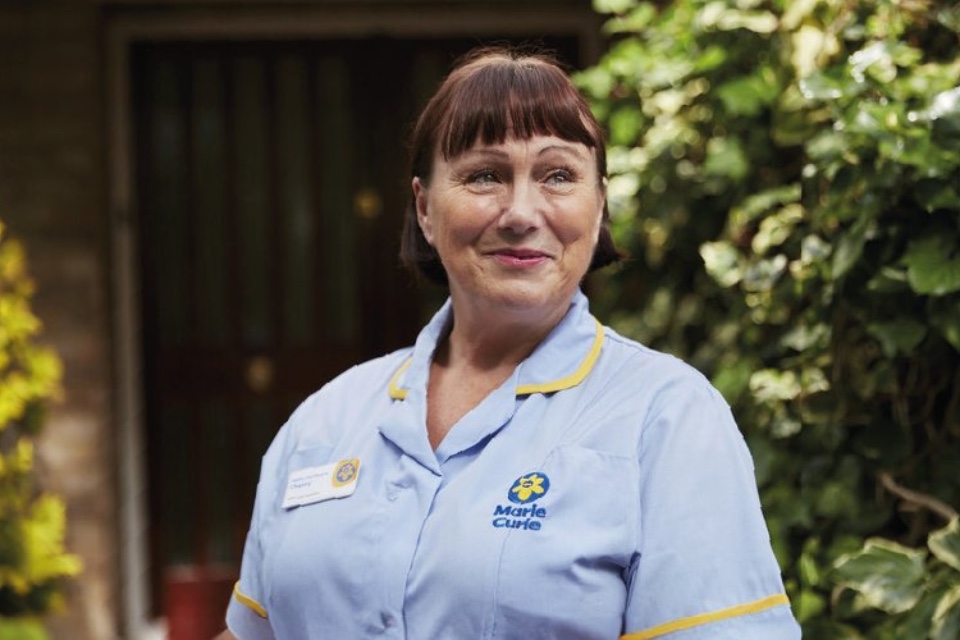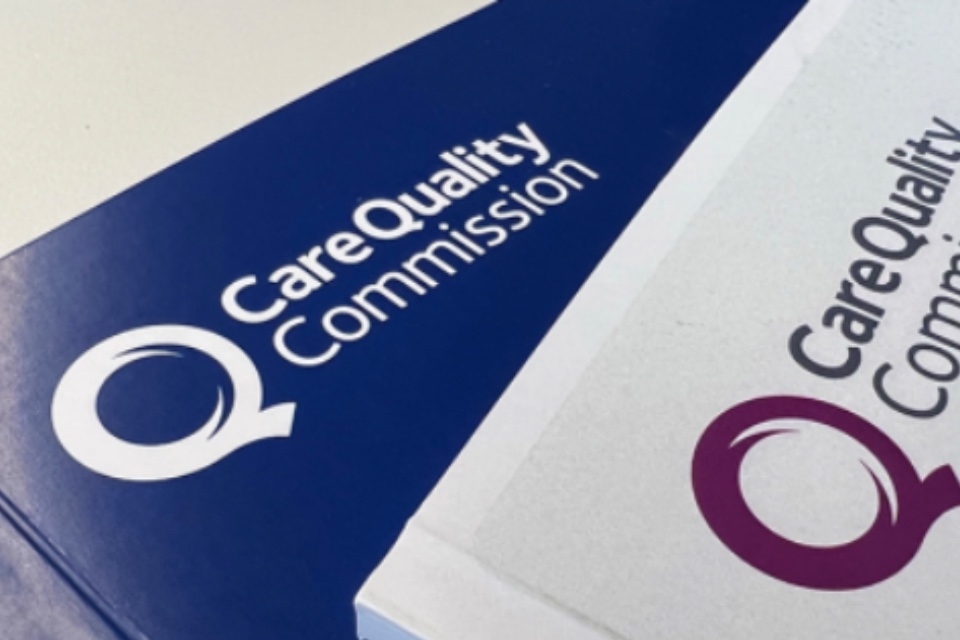By Stephensons
Our specialist lawyers were recently instructed to draft factual accuracy comments for a residential care home following a comprehensive inspection, which saw the home’s ratings drop from an overall ‘outstanding’, consisting of three ‘outstanding’ and two ‘good’ ratings, to three ‘requires improvement’ ratings and two ‘good’. The CQC stated within the draft report that the provider was in breach of regulations 12 and 15 of the Health and Social Care Act 2008 (Regulated Activities) Regulations 2014.
Not only were there numerous typographical errors, but there were also a number of factually inaccurate statements throughout the report and missing references to positive aspects of the service. Our lawyers therefore made robust comments, supported by documentary evidence, to demonstrate that the CQC inspector had in some circumstances failed to follow the appropriate key lines of enquiry and consider all evidence relevant to the judgments and ratings.
After considering our factual accuracy comments, the CQC agreed to make a number of changes to the published report. In particular, the CQC agreed to remove the breaches of regulation based on the evidence and submissions put forward during the factual accuracy process and instead, noted these as recommendations to encourage improvement. This also led to an increase in ratings in one of the domains from ‘requires improvement’ to ‘good’. This demonstrates the positive effect that a carefully written and robust factual accuracy challenge can have on the contents of a published report and the ratings contained therein.
In another recent case, we represented a domiciliary care provider whose overall rating had dropped from ‘good’ to ‘inadequate’ following a comprehensive inspection. After some investigation, it was established that one whole section of the draft report related to a recent inspection of another provider, which had been conducted by the same CQC inspector. This cast significant doubt on the accuracy and completeness of the inspector’s overall findings. In addition, we submitted that there was insufficient consideration and inaccurate analysis of evidence available to the inspector on the day of the inspection throughout the report and repeated references to the inspector’s own personal opinions, all of which contravened the CQC’s own policies and procedures. As a result, the CQC agreed to conduct another inspection immediately and withhold publication of the factually inaccurate report.
In this ever changing regulatory environment, which is only likely to see further change as the CQC evolve and update their assessment framework and inspection approach, it is important that providers make detailed and supported challenges against any findings that are not accurate or consistent with the CQC’s strategy and framework in order to protect their business and reputation.
Whilst it is always good to maintain a positive relationship with your inspector, providers should not be anxious about challenging their inspection reports or ratings where they have solid grounds to do so and can back up any challenge with robust documentary evidence. Inspectors expect to be challenged and it is widely accepted that errors or mistakes can sometimes occur, particularly in light of recent concerns; that is why these processes exist.
In order to achieve success, however, providers do need to make sure that their challenges are reasonable and proportionate and are set out clearly to avoid any misunderstandings; challenges cannot be rushed or lack an evidential basis.
For a confidential discussion with one of our specialist CQC lawyers, please contact us now on 0333 009 5629 or complete our online enquiry form at our website here.





